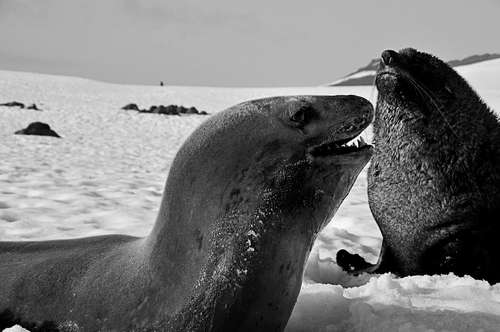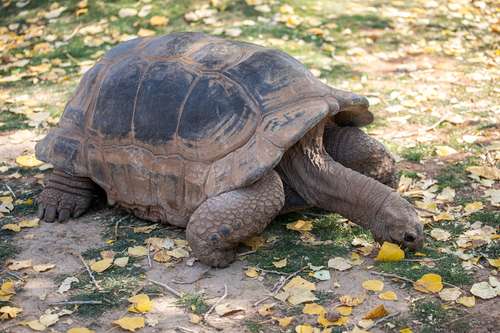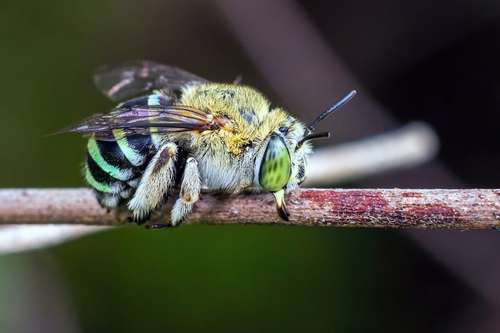Florida's picturesque landscapes and diverse wildlife often draw attention but hidden among the state's natural wonders are a group of animals that pose an unexpected threat – the rhesus macaque monkeys.
The rhesus macaque, also known as the rhesus monkey (Macaca mulatta), is not a native primate species in Florida. They have brown or gray fur and pink, hairless faces.
They range in weight from 12-17 pounds with an average height of 1.5-1.7 feet. Originally introduced for tourism purposes, these monkeys have multiplied and can now be found in various locations across Florida, presenting a potential risk of transmitting herpes B to humans.
Origins of the Rhesus Macaques
The presence of rhesus macaques in Florida dates back to a well-intentioned attempt to attract tourists.
Six of these monkeys were released on an island in the Silver River by the manager of a glass-bottom boat operation.
However, the monkeys ventured into the surrounding forest, establishing an expanded breeding population over the years.
Current Distribution
While Silver Springs State Park has been a focal point for these monkeys, their population has extended beyond, with credible sightings reported across several counties.

Marion County tops the list with 92 sightings, followed by Franklin, Seminole, and Orange counties. The increasing spread raises concerns about potential encounters with these monkeys.
Health Risks
In addition to their environmental impact, these monkeys have tested positive for herpes B, a rare but serious viral infection.
According to the CDC, herpes B can lead to severe brain damage or death in humans.
Transmission occurs through bites, scratches, or contact with bodily fluids, emphasizing the importance of avoiding direct interaction with these animals.
Preventive Measures
To minimize the risk of herpes transmission and maintain public safety, the Florida Fish and Wildlife Conservation Commission (FWC) has implemented measures:
1. No Feeding Rule (2017): The FWC prohibits locals from feeding wild monkeys in the state to prevent aggressive behavior.
2. Awareness and Reporting: The FWC encourages the public to report sightings outside the core population near Silver Springs through the Exotic Species Hotline.
Safety Tips
For those living in or visiting areas with known monkey populations, the FWC provides crucial safety tips:
1. Avoid Approach: Never approach or offer food to wild monkeys.
2. Children and Pets: Keep children close and pets leashed in areas where monkeys may be present.
3. Dispose Properly: Dispose of uneaten food and garbage in closed trash containers.
Emergency Response
In the unfortunate event of a bite or scratch, immediate medical attention is crucial. The National B Virus Resource Center can provide emergency information at (404) 413-6550.
Report wild monkeys that pose a threat to people by calling the FWC's Wildlife Alert Hotline at (888) 404-3922.
In summary, even though Florida has a variety of fascinating wildlife, it is crucial to be mindful of the potential dangers associated with certain species.
By adhering to guidelines, reporting sightings, and being cautious, both residents and tourists can help reduce the risks that come with the presence of rhesus macaque monkeys in the state.



